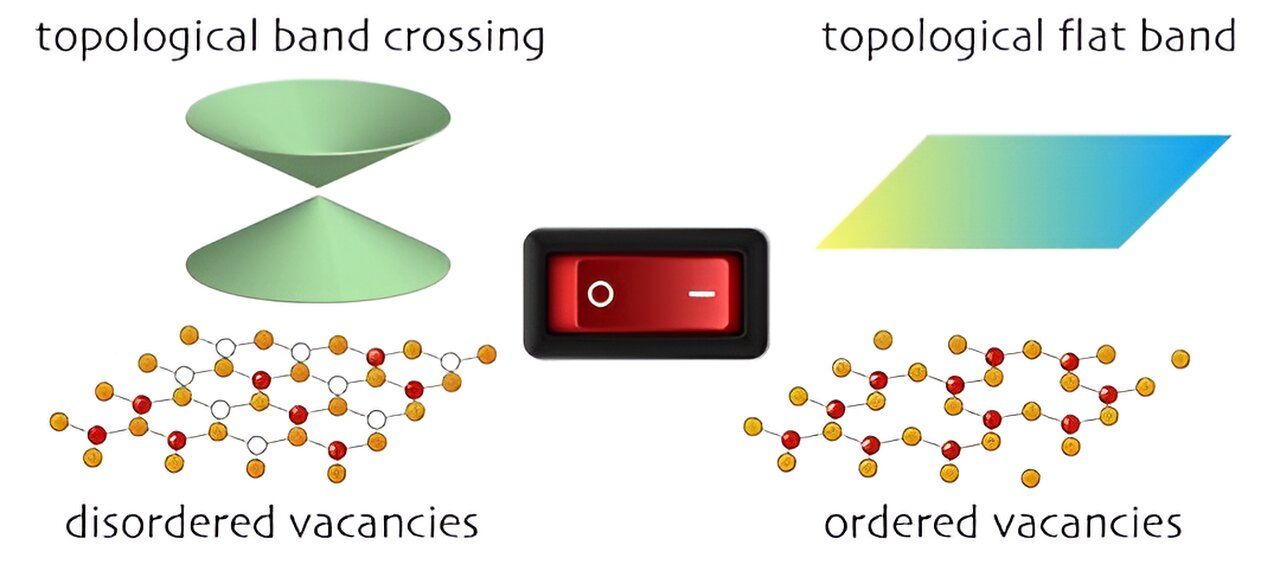Accidental discovery of a quantum memory with enormous potential
Follow us on Google News (click on ☆)
This discovery could enable the storage of quantum bits, or qubits, in topologically protected states, thereby reducing errors related to decoherence, a major challenge in quantum computing.

Crystals of iron, germanium, and tellurium change phase under the effect of heat.
Credit: Han Wu/Yi Research Group/Rice University.
The research, published in Nature Communications, demonstrates how, through simple heating and cooling, it is possible to transition from one phase to another in crystals of iron, germanium, and tellurium. This process alters the crystallographic symmetry that governs electronic topology, and consequently, the way electrons are confined and move through the material.
The phase of these crystals can be alternated between a random and ordered distribution of empty atomic sites, thanks to the cooling rate after heating. This method of phase change by adjusting temperature represents a significant advancement over current phase-change memory technologies, which generally require the melting and recrystallization of the material.
This breakthrough was made possible through collaboration between experimental and theoretical physicists from Rice University and more than a dozen institutions. The initial discovery, focused on the magnetic properties of the material, revealed an unexpected variation in experimental results, leading to an in-depth exploration that culminated in this significant discovery.
The involvement of prestigious institutions, such as the University of Washington, the Los Alamos National Laboratory, and the University of Pennsylvania, underscores the importance and scope of this research. The study suggests a promising path for inducing topological changes in other materials, opening new avenues for the design of advanced quantum materials.
This research marks a step forward towards the development of non-volatile quantum memories, capable of retaining information even when the computer is turned off, which could revolutionize quantum computing by making qubits more stable and less prone to errors.